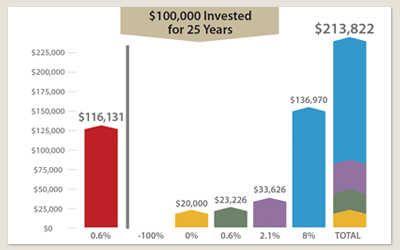A. It's true that by cosigning your child's credit cards or loans, in many states you will become liable for overdue payments and penalties without ever knowing there was a problem, therefore hurting your own credit.
There is a better way to help your child out -
Let your child to cosign your credit card. In this way, your child will have access to the credit line and build a credit history, while you will receive the monthly statements and know if there is a problem or not.


 RSS Feed
RSS Feed
